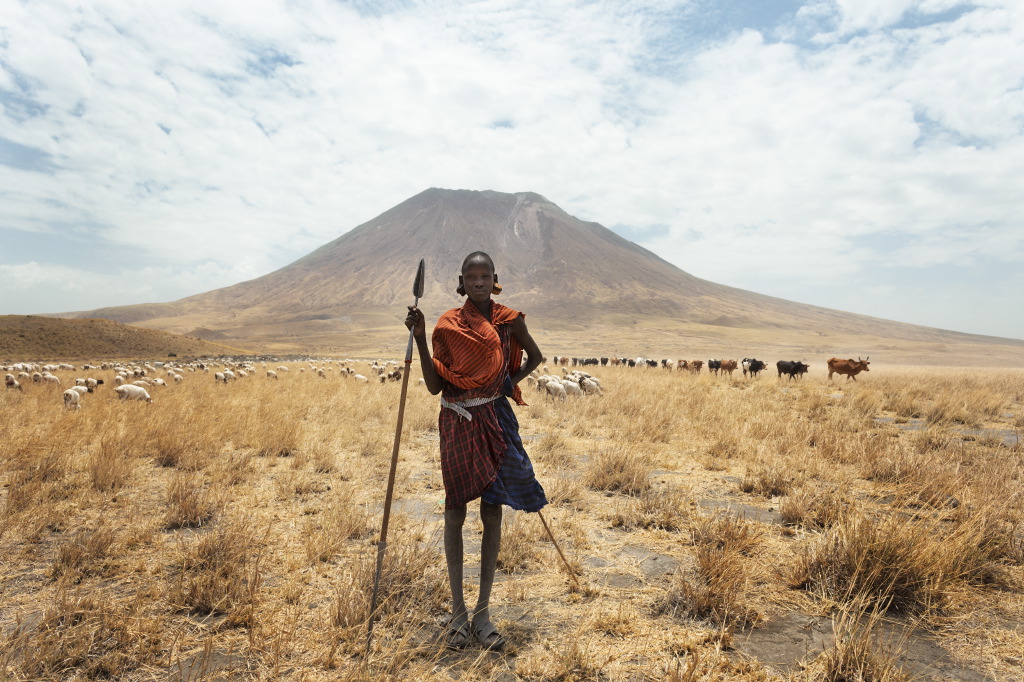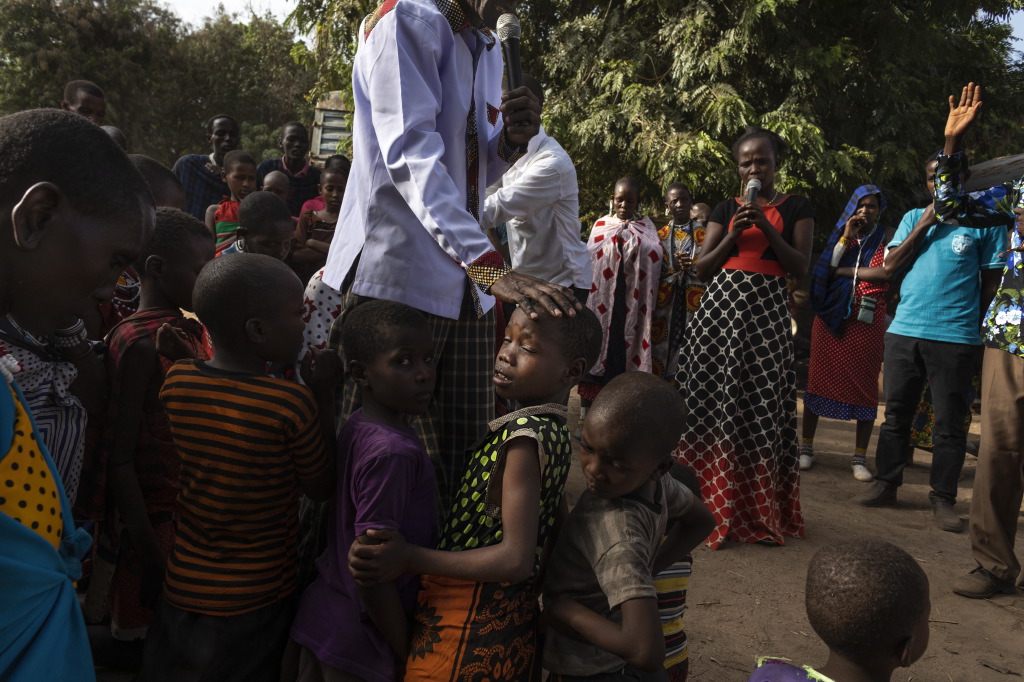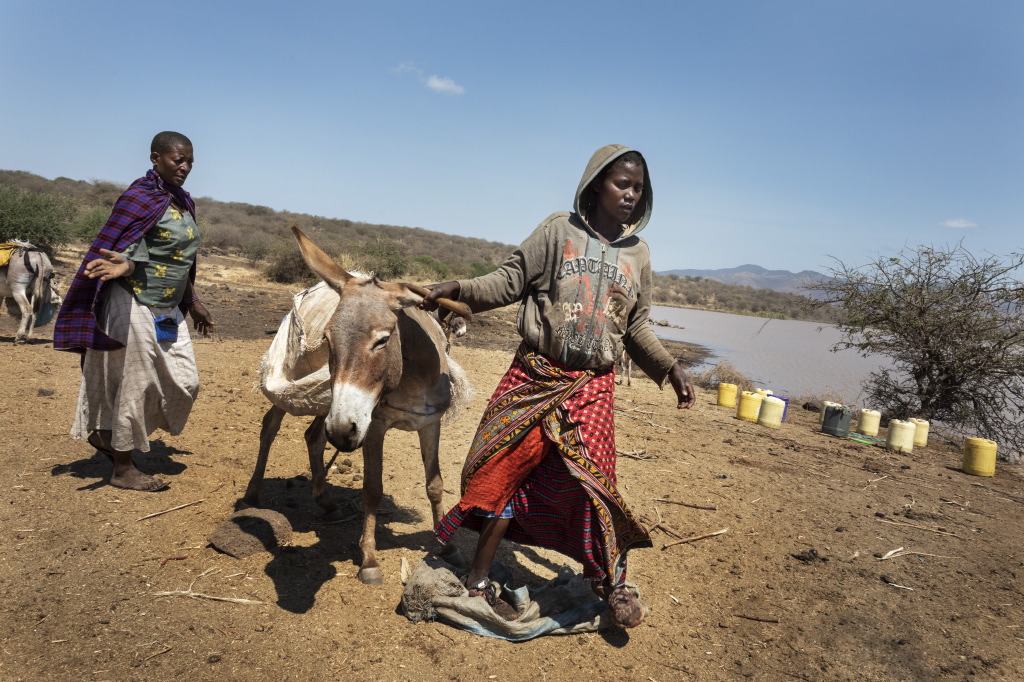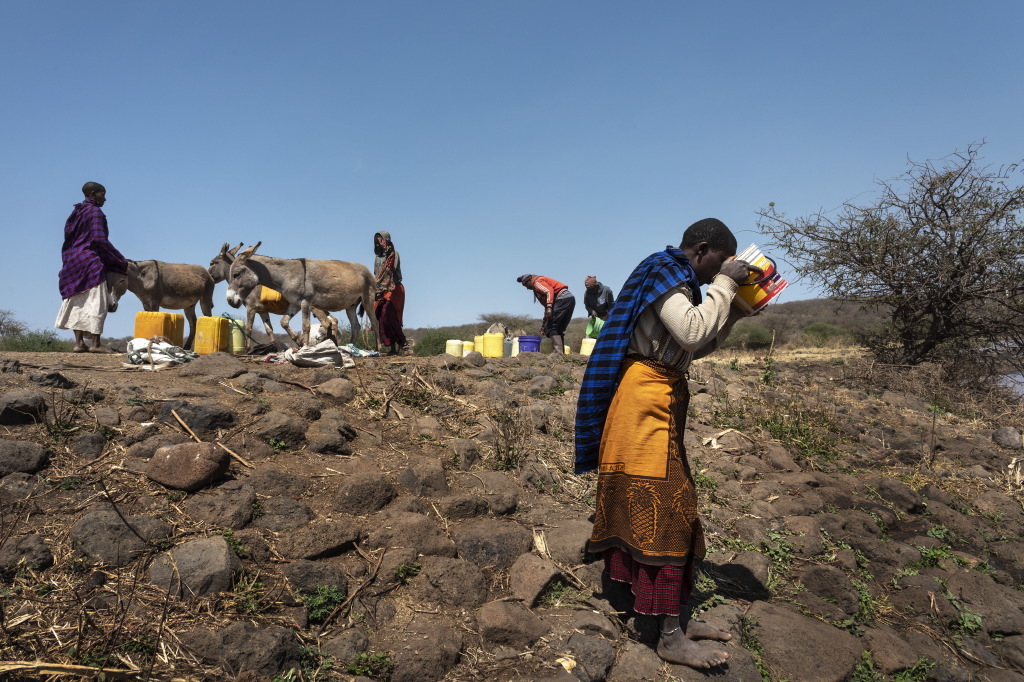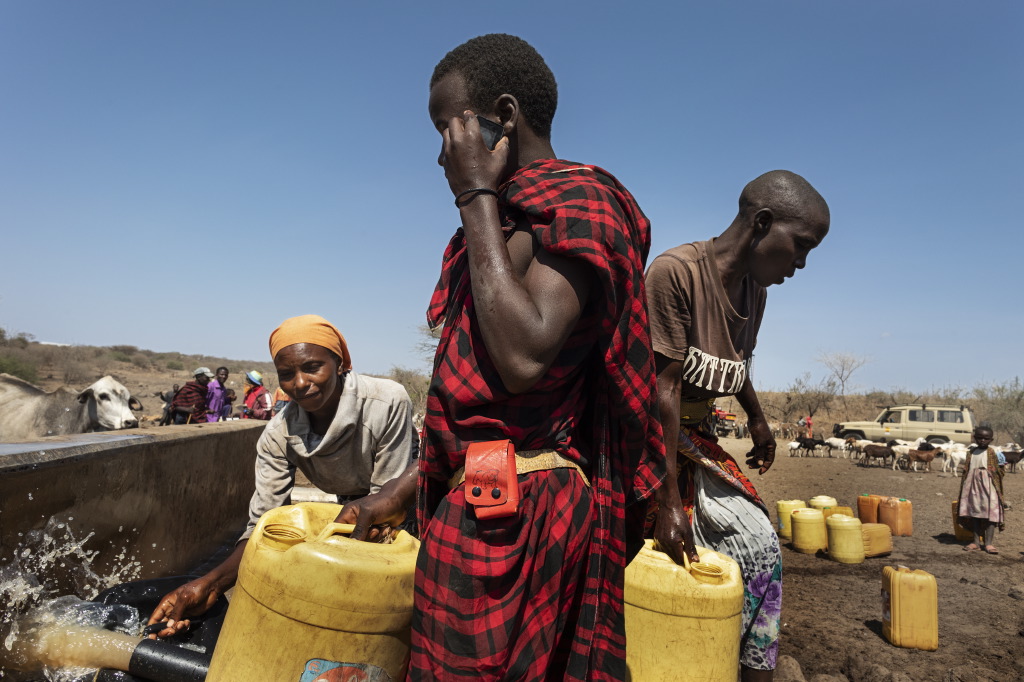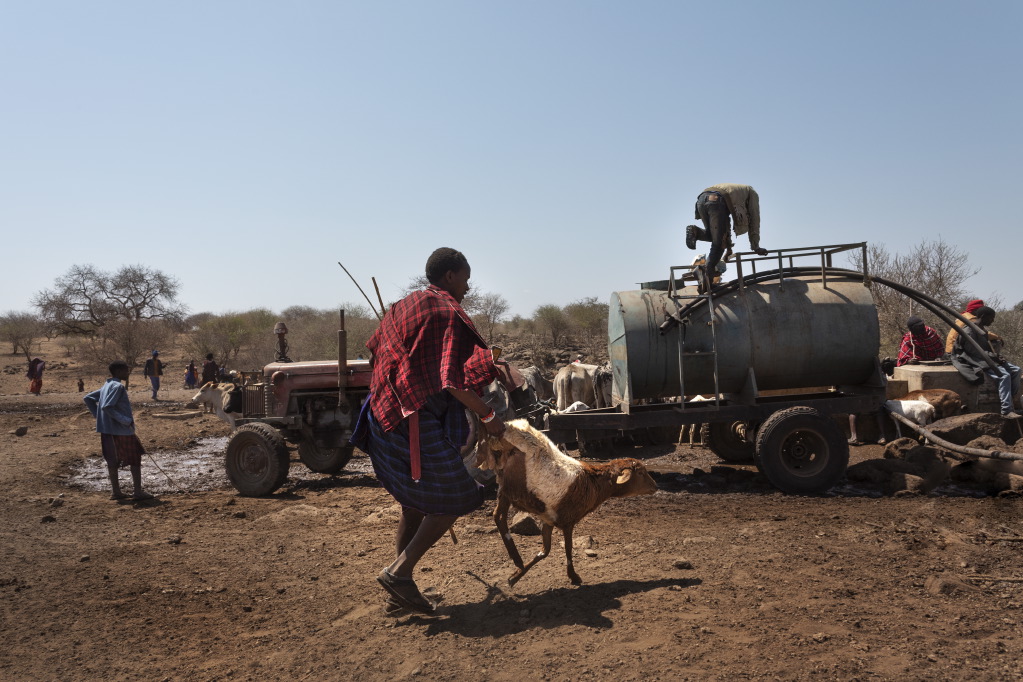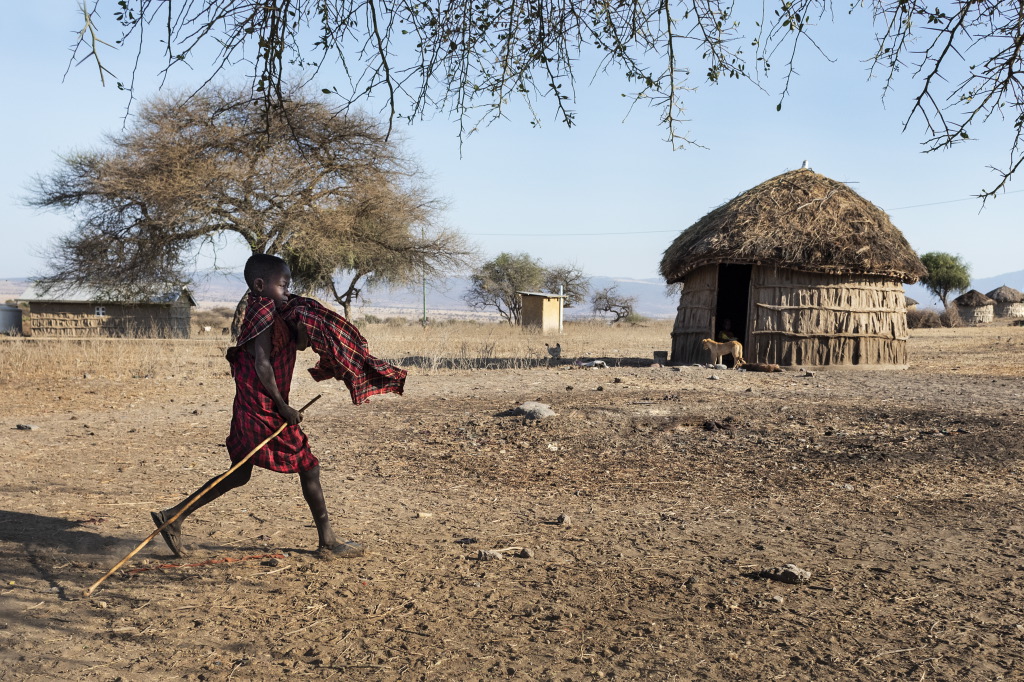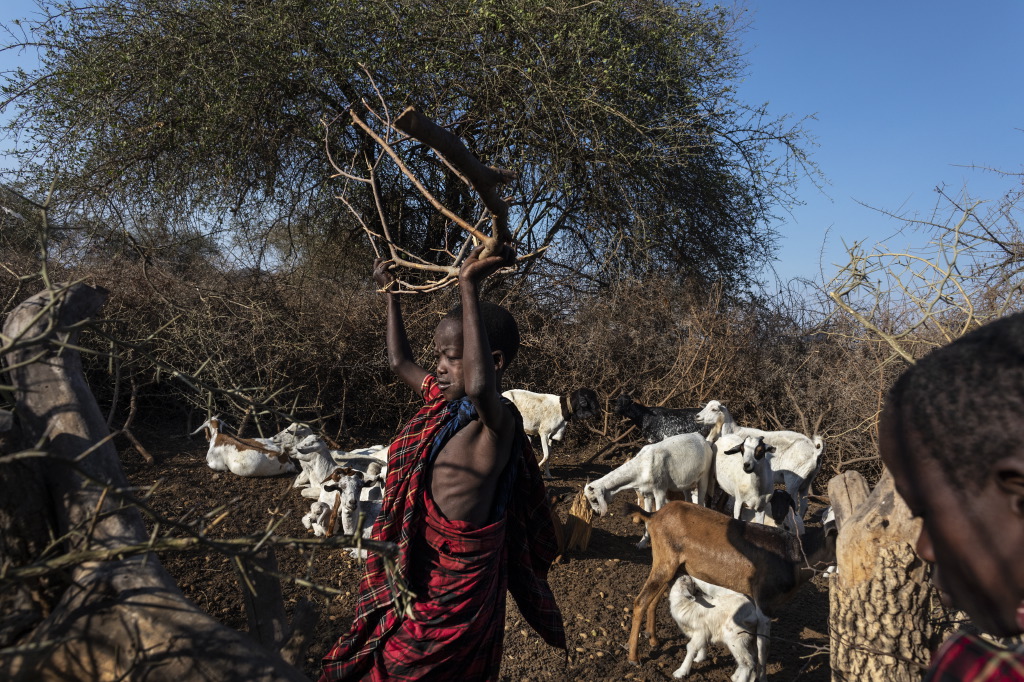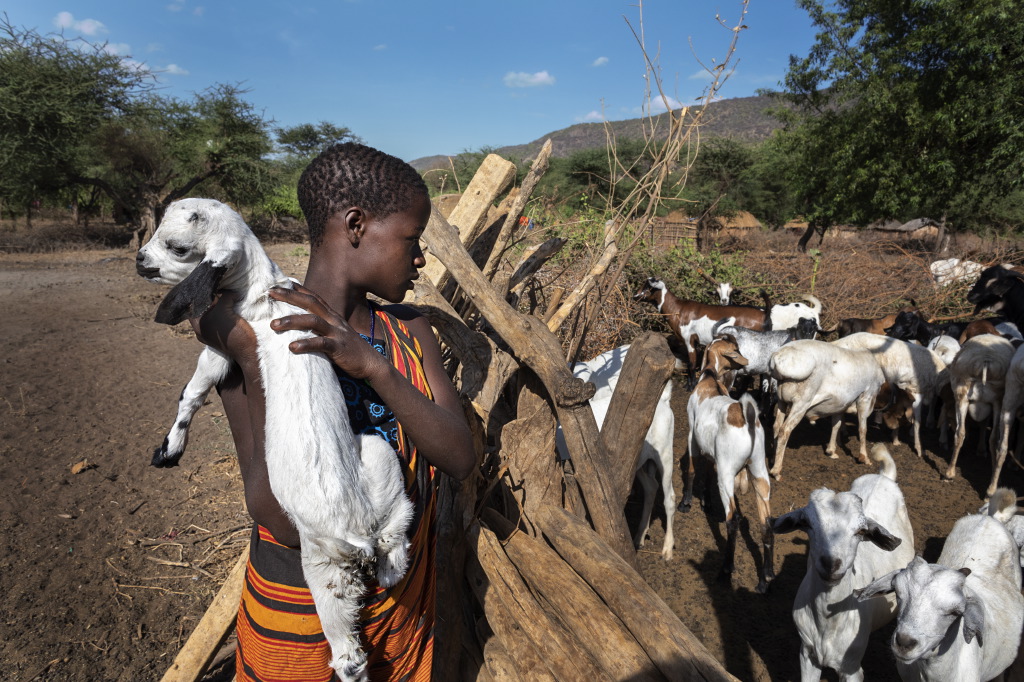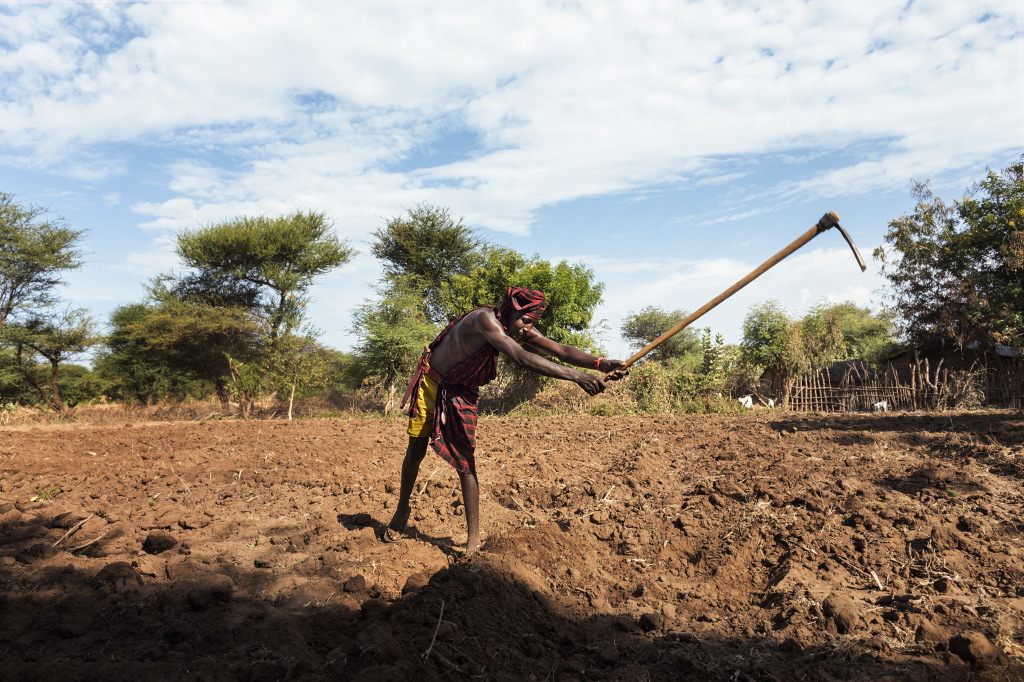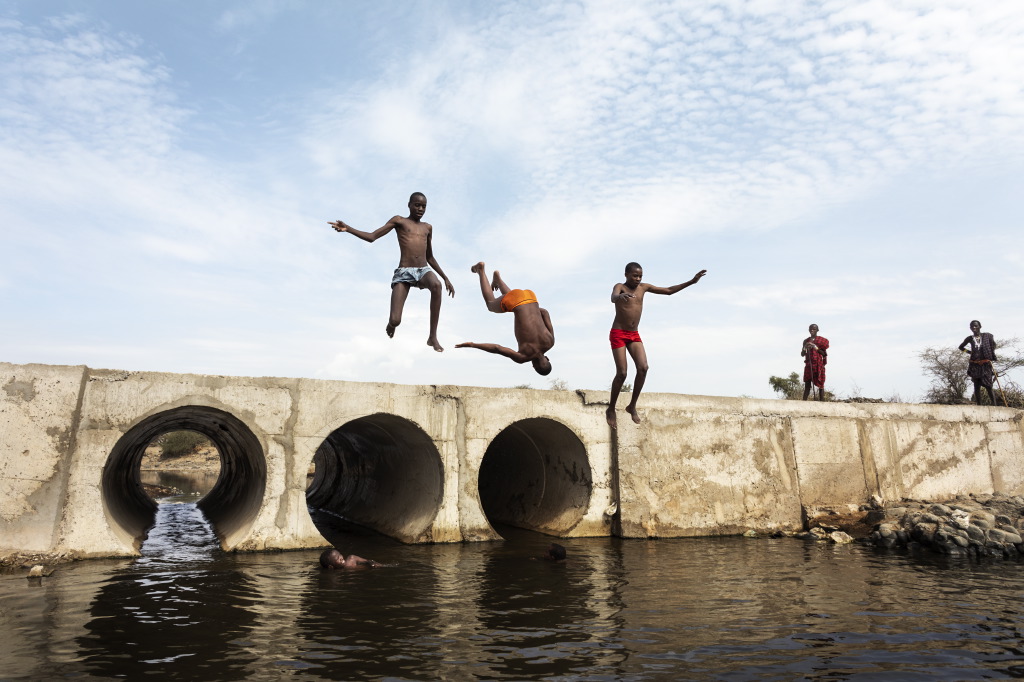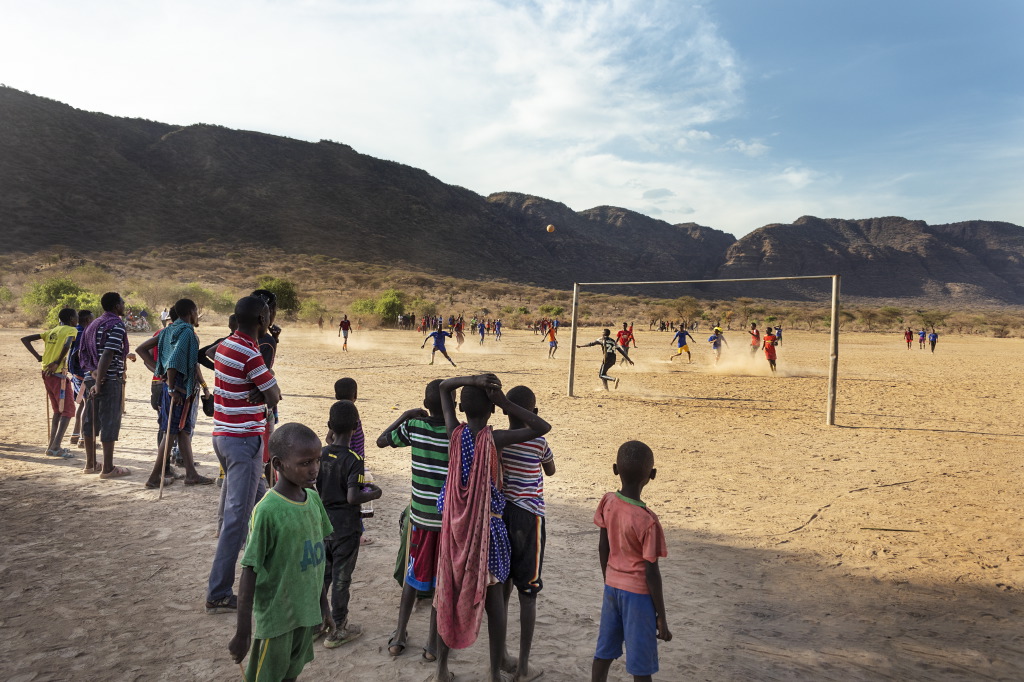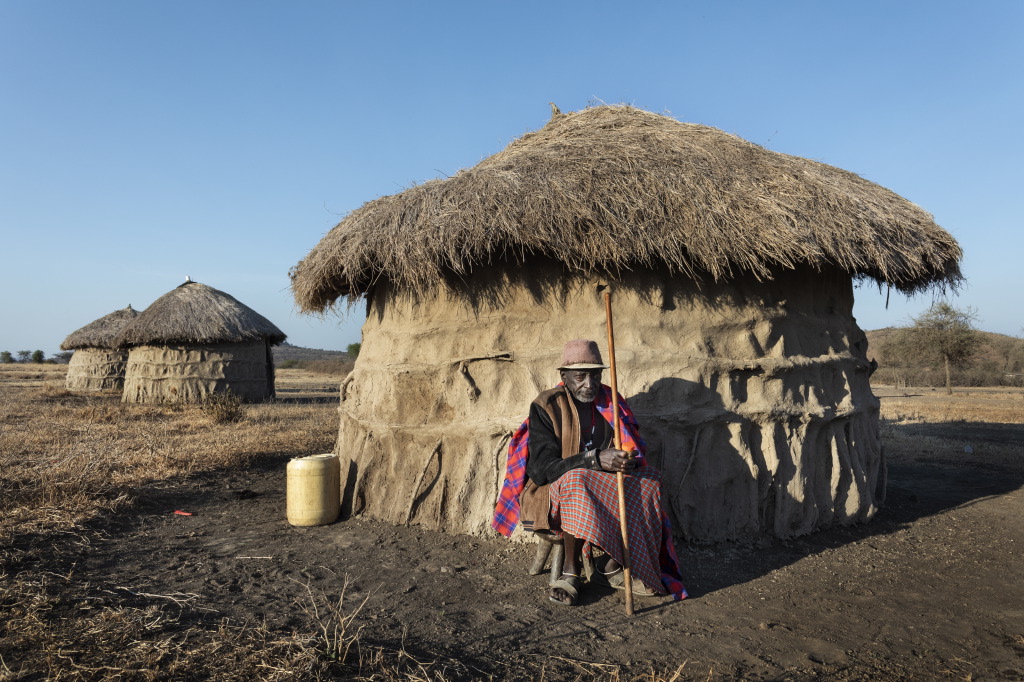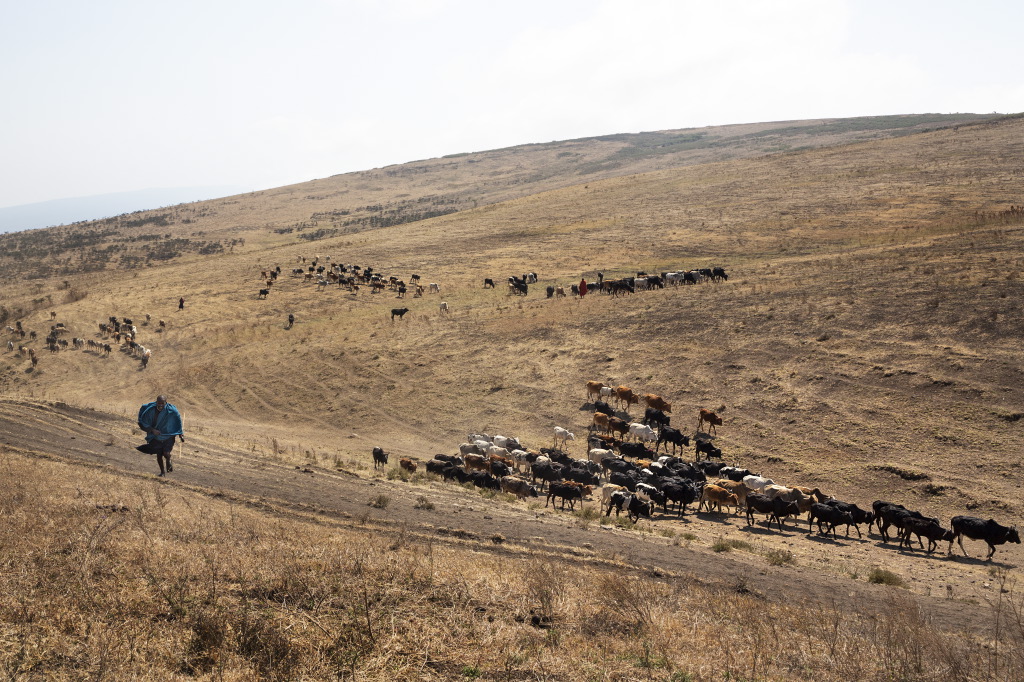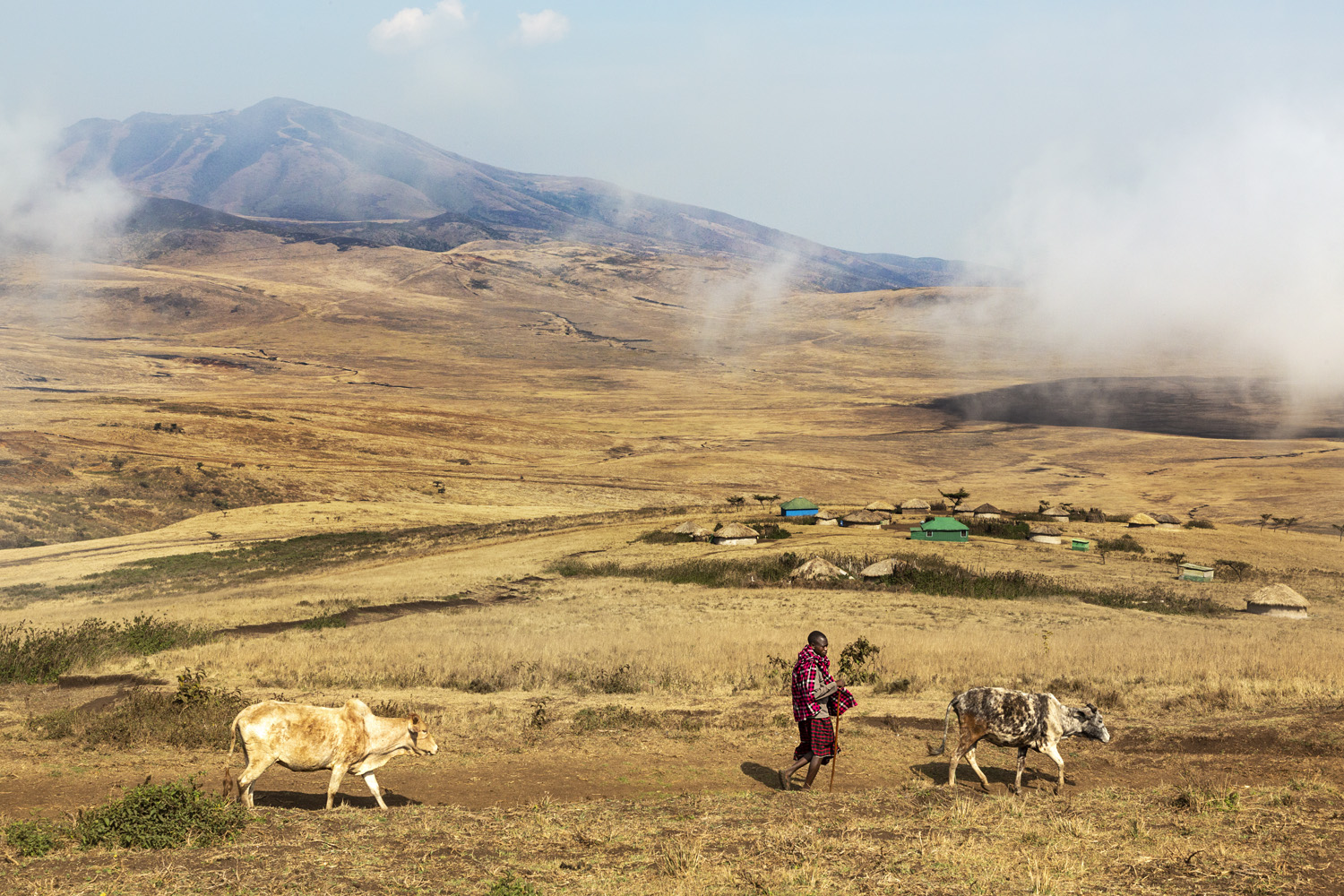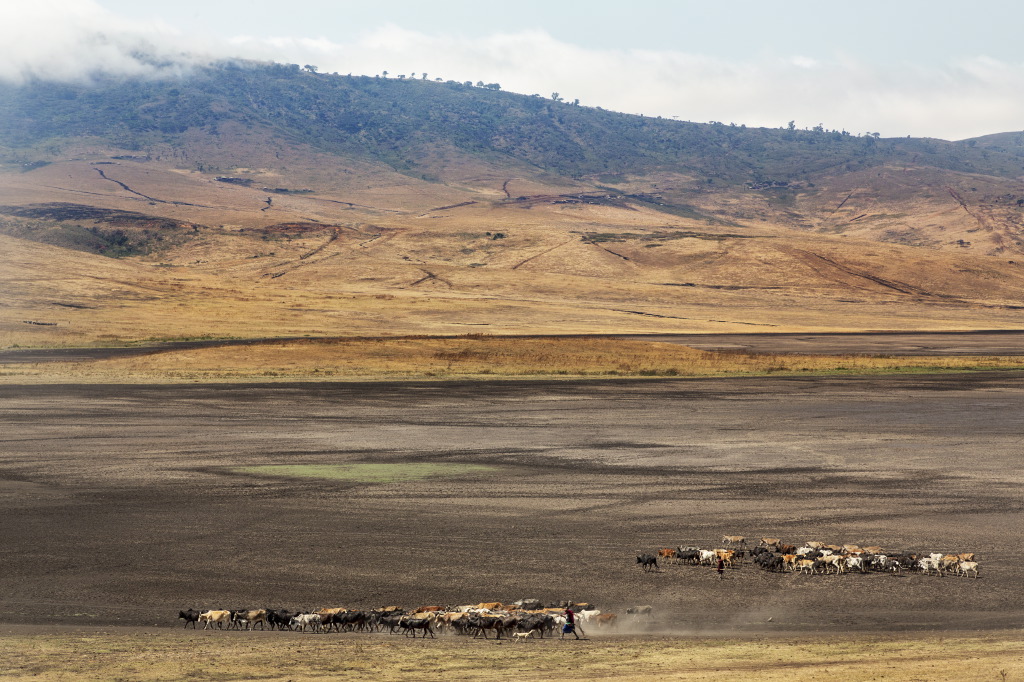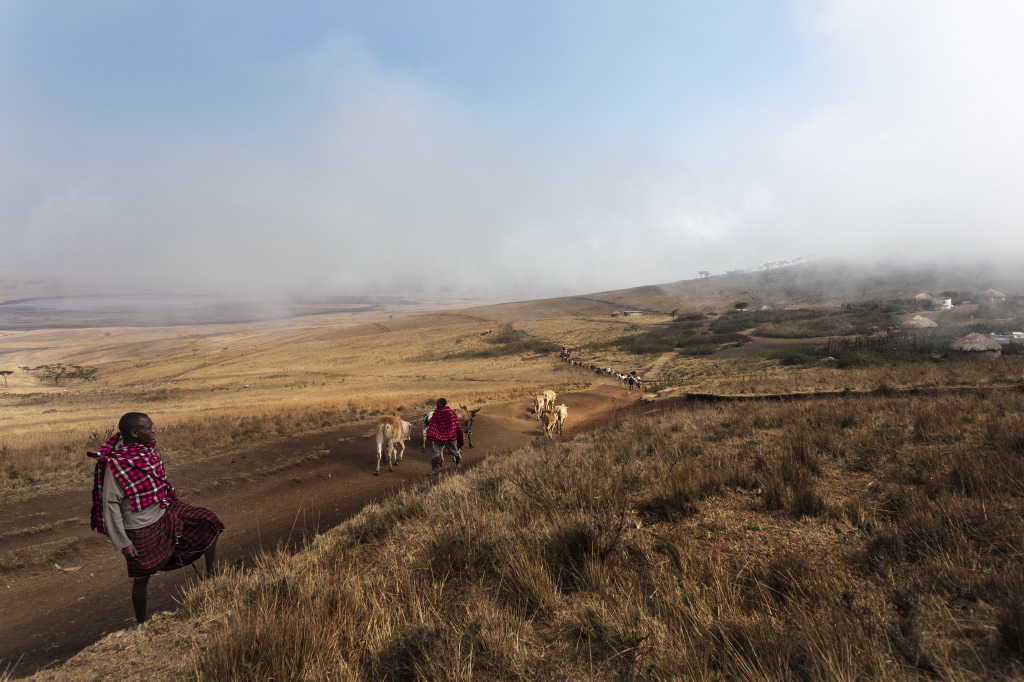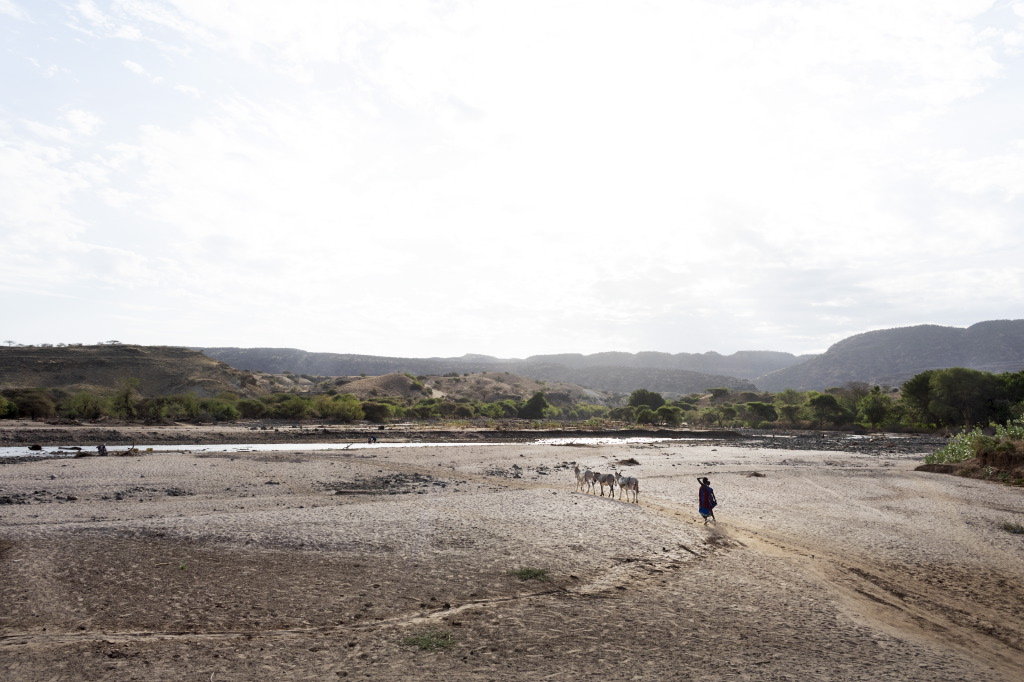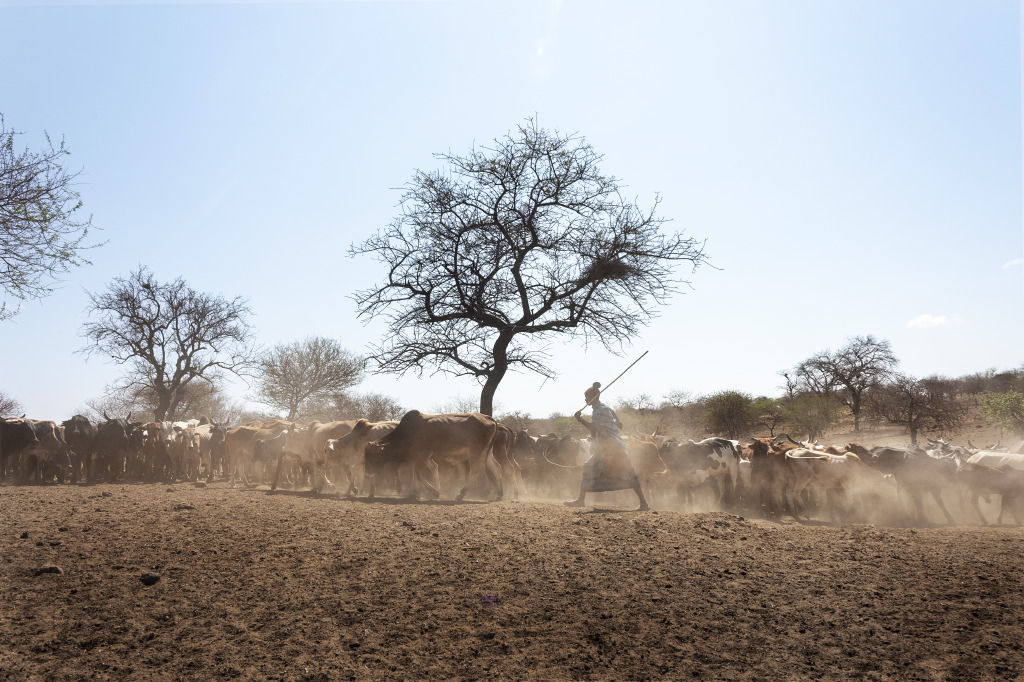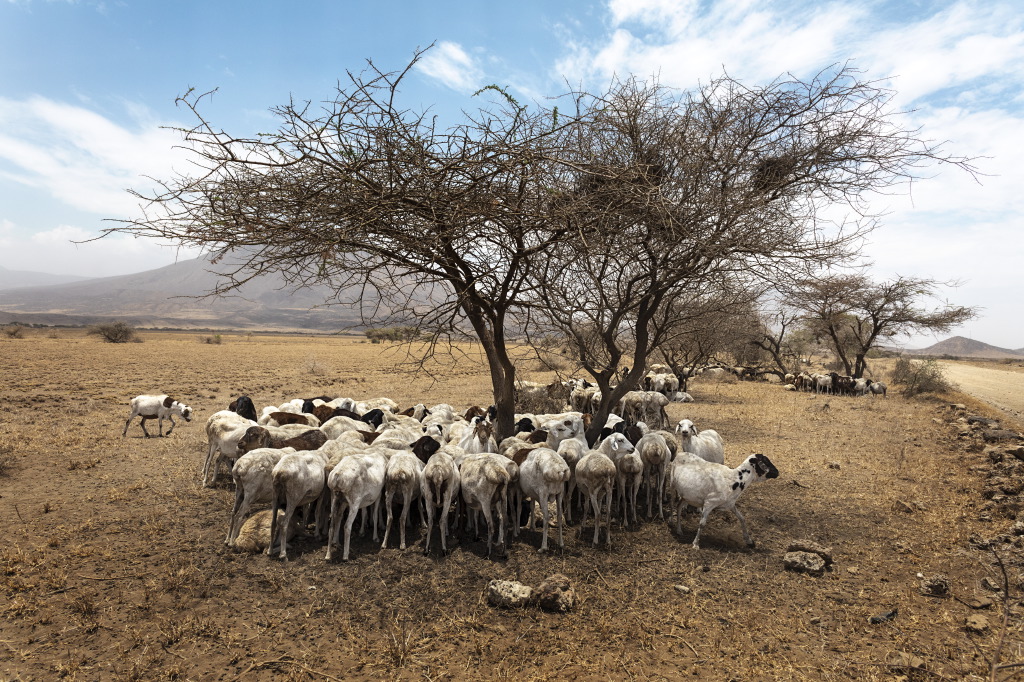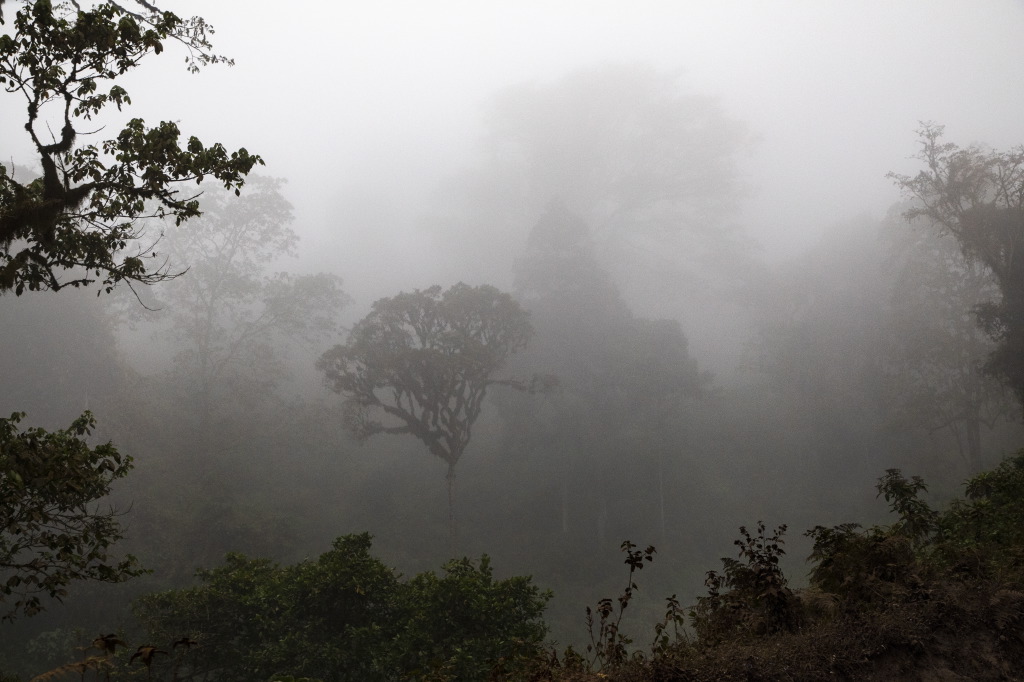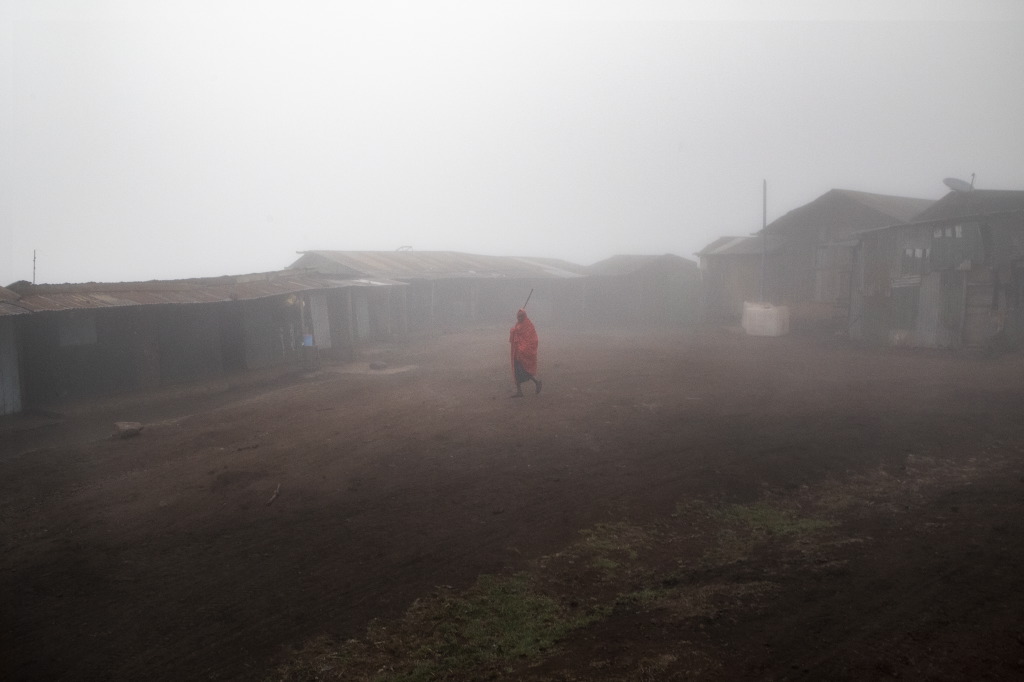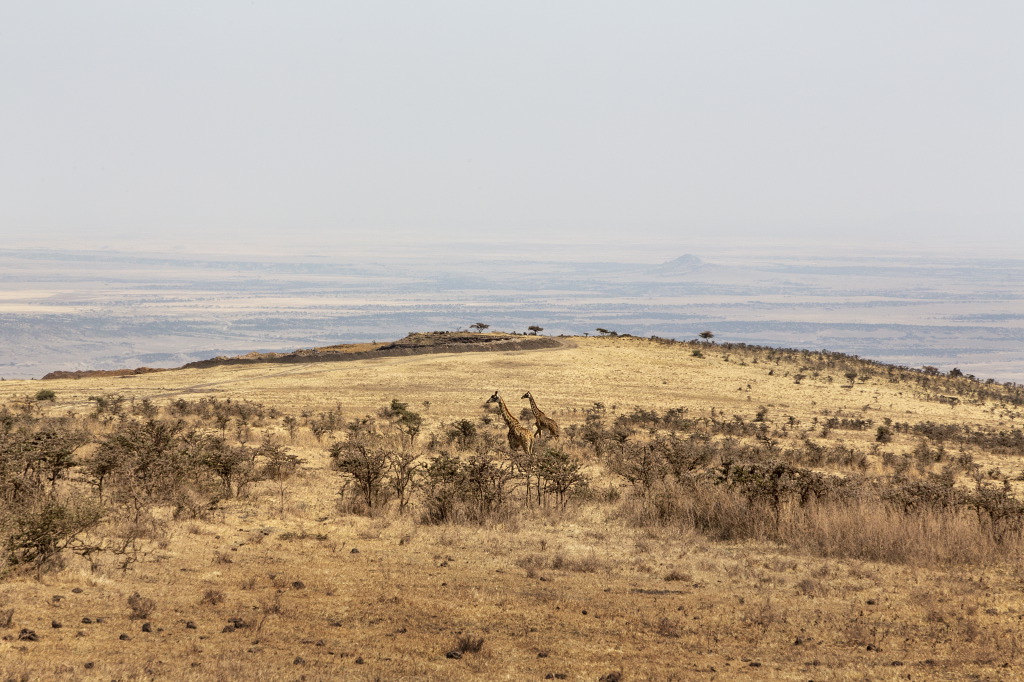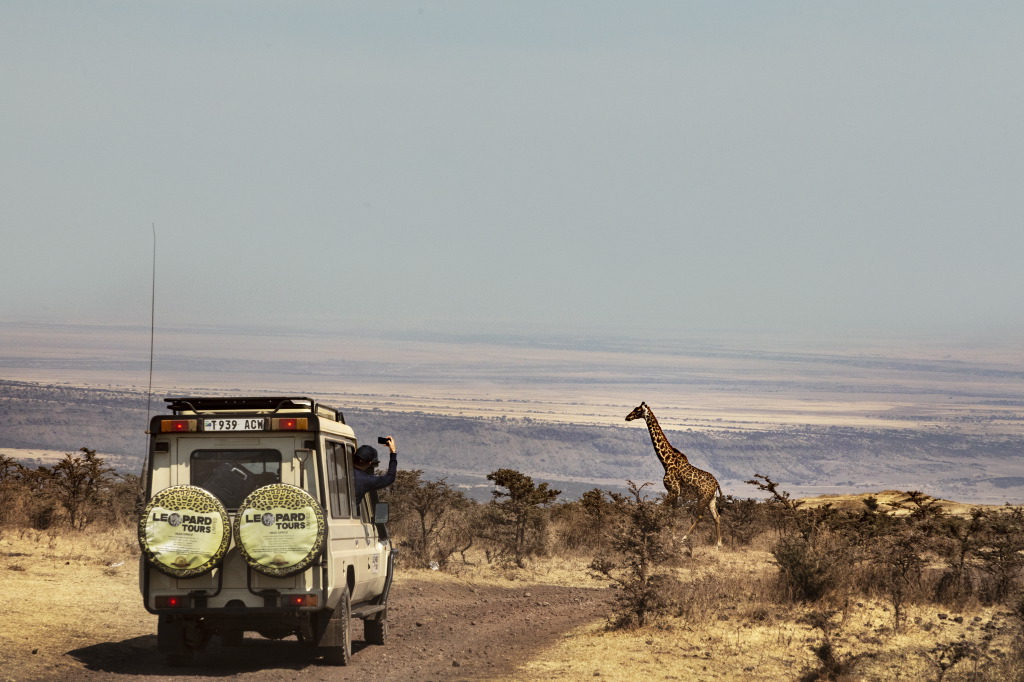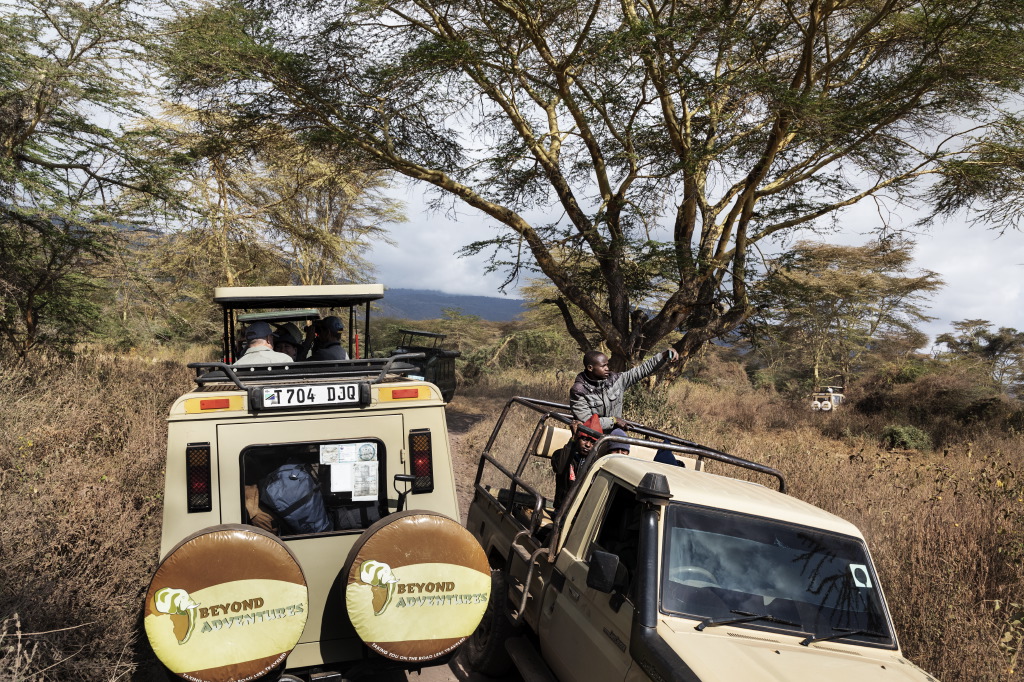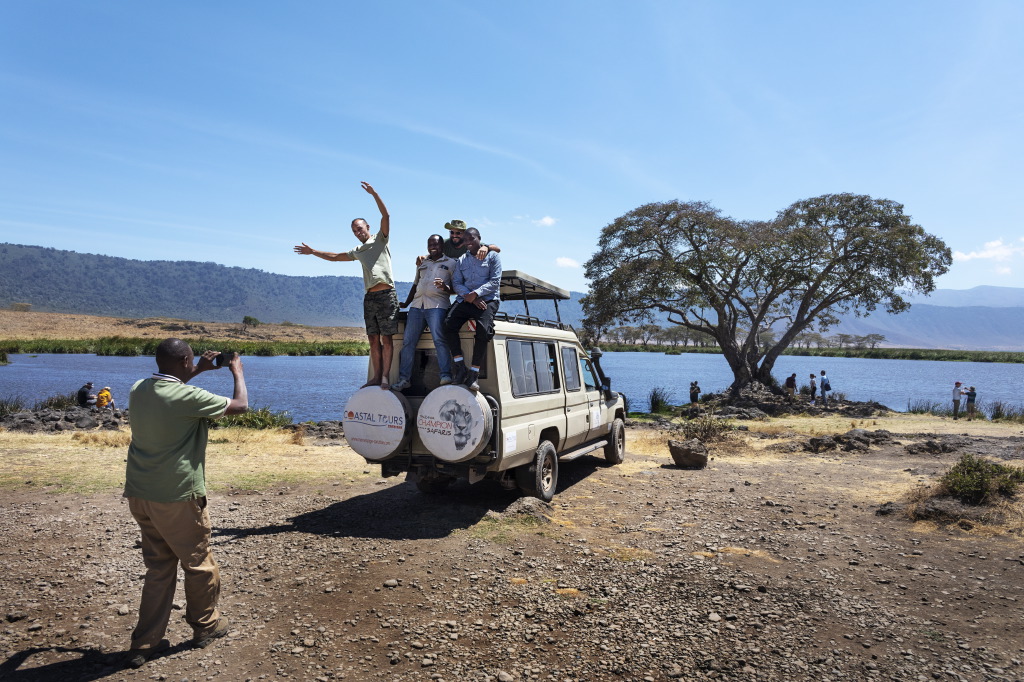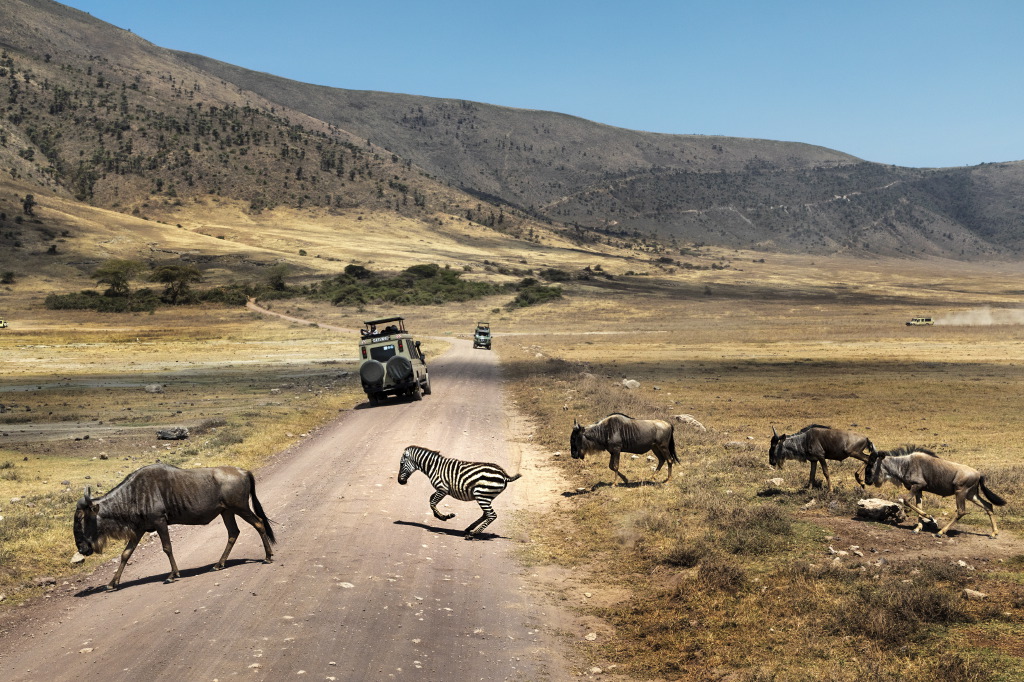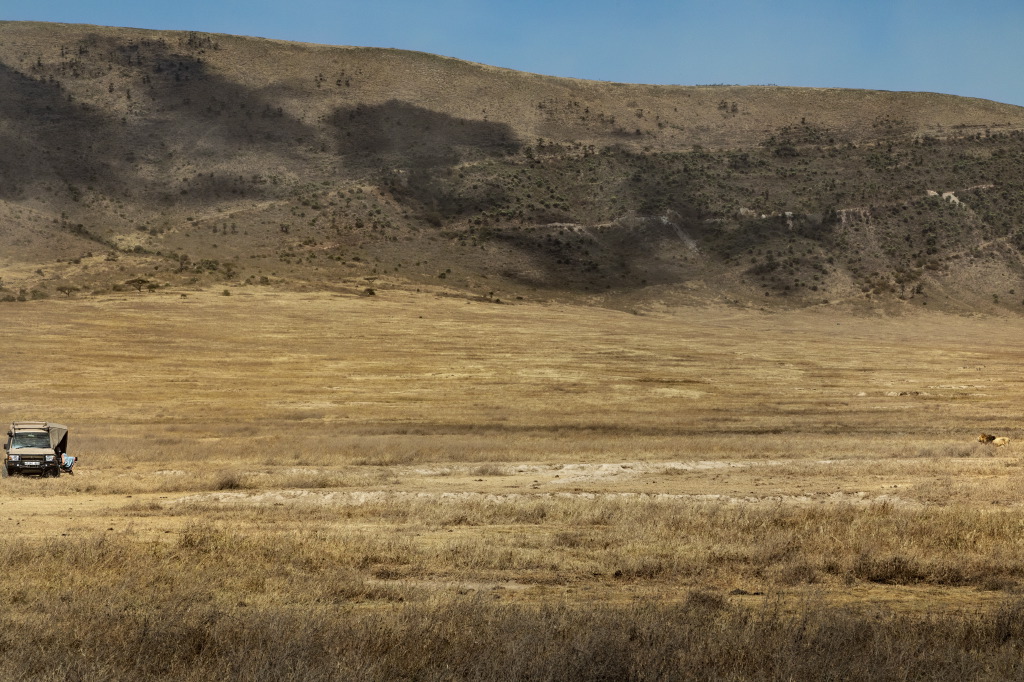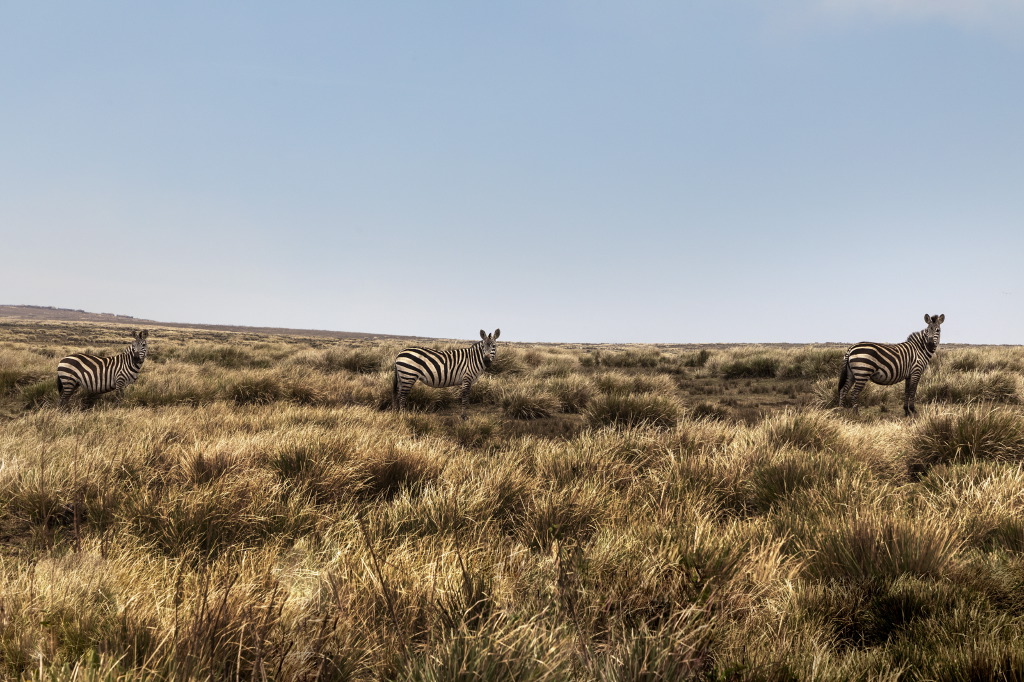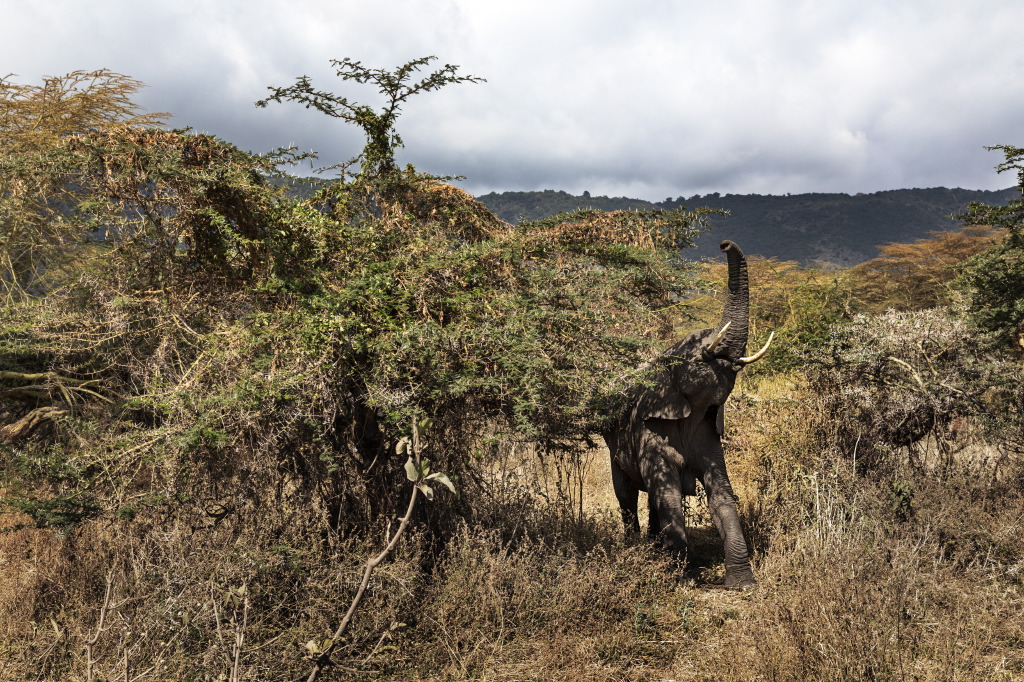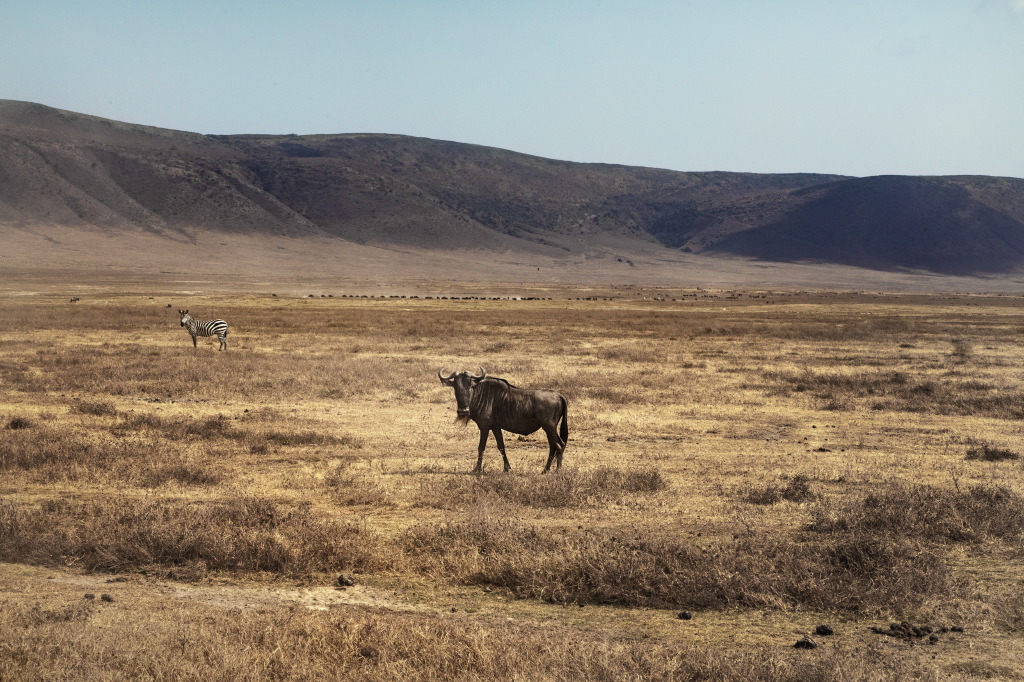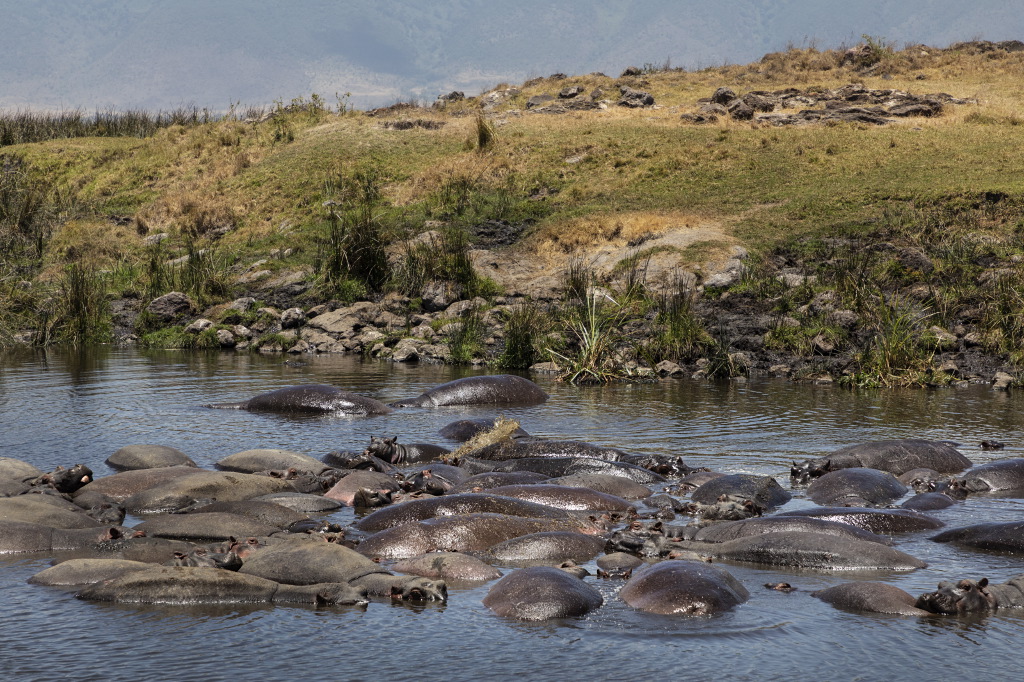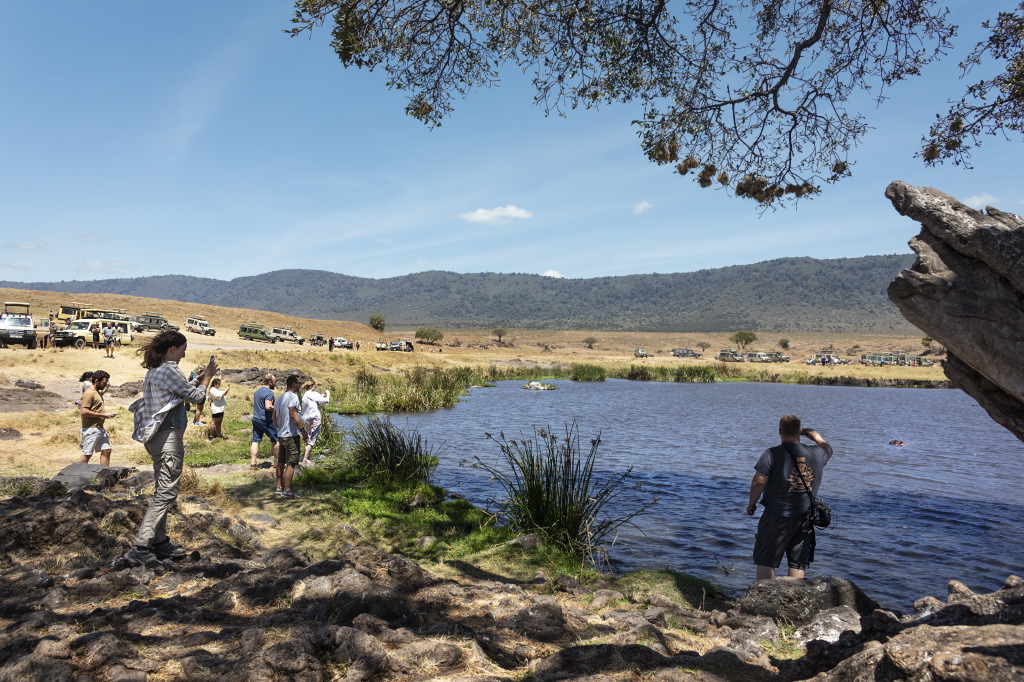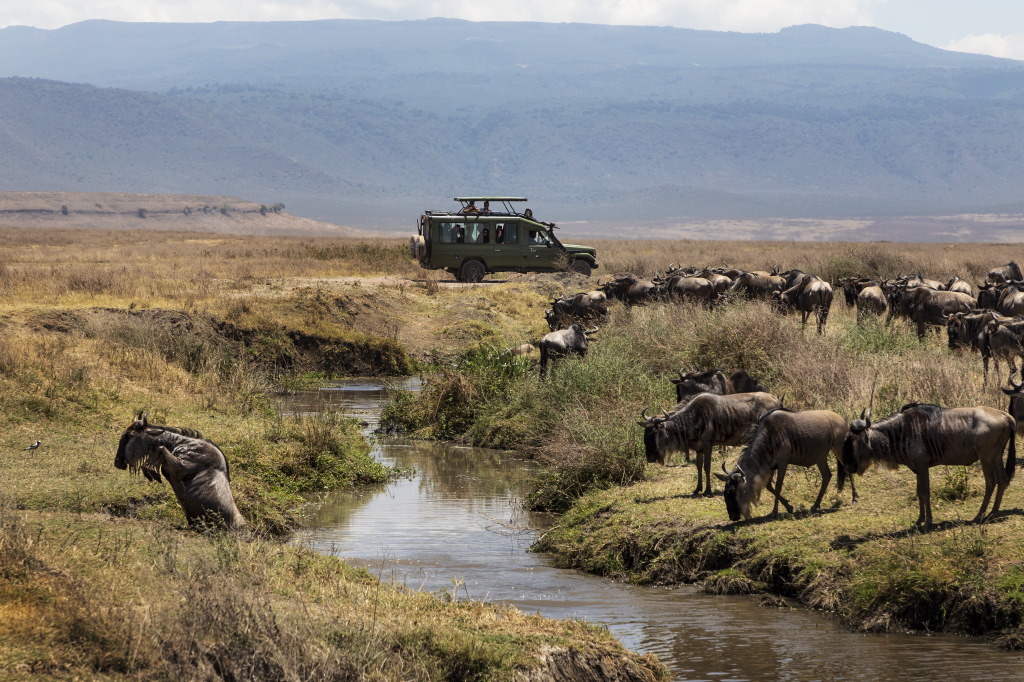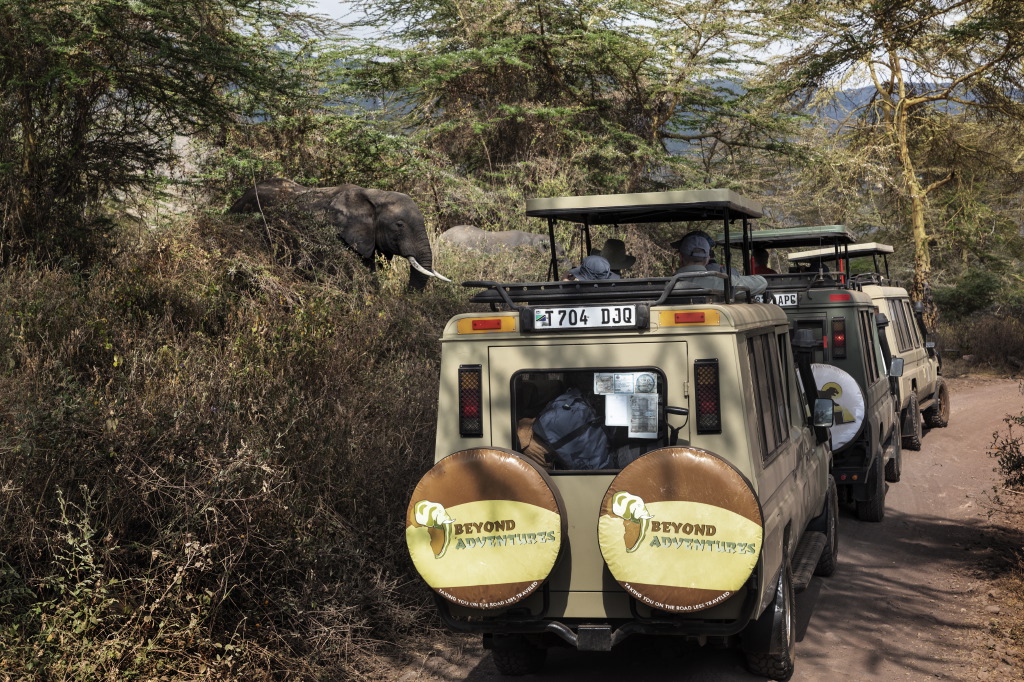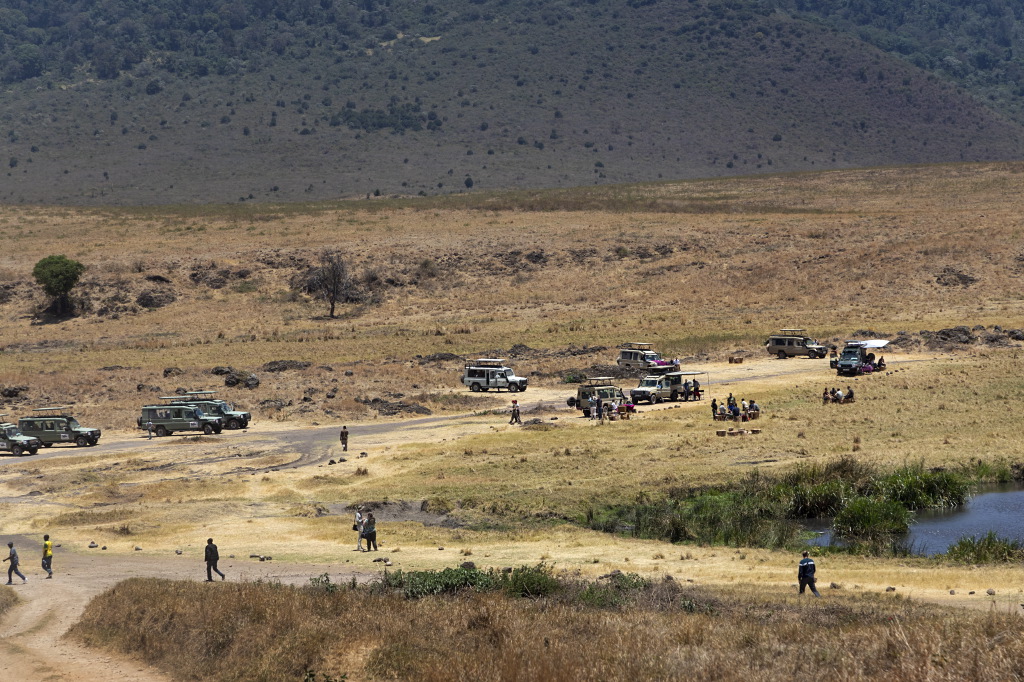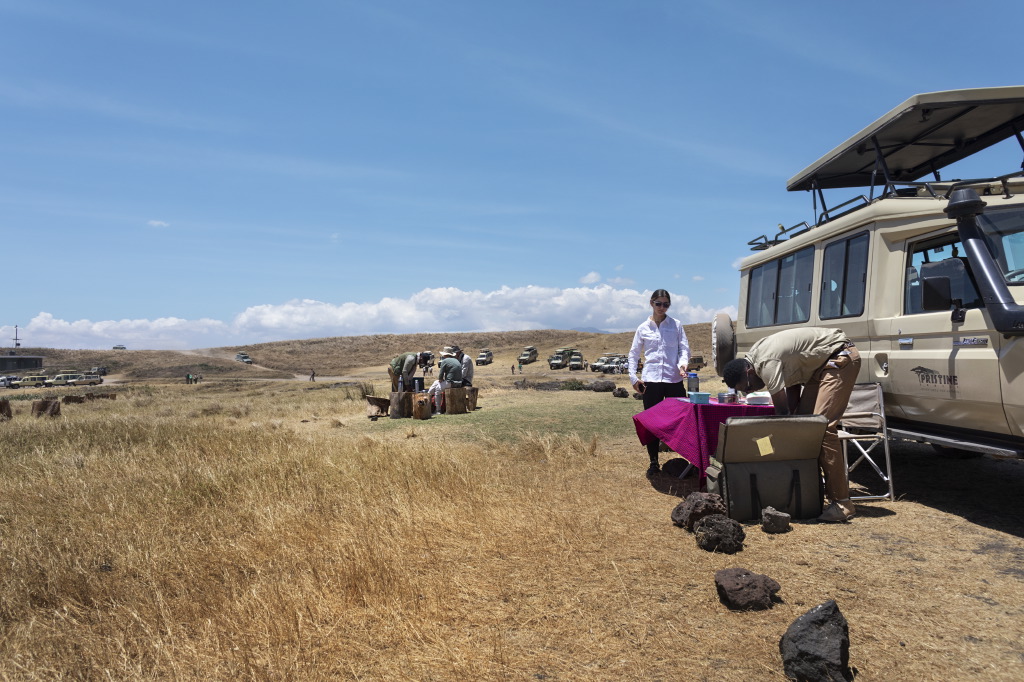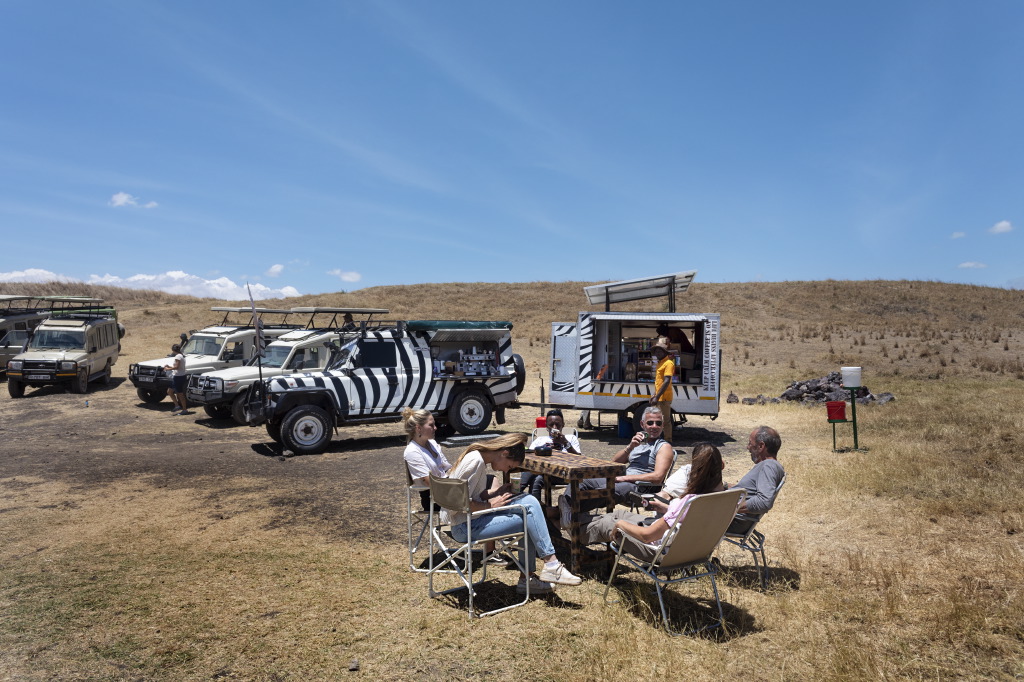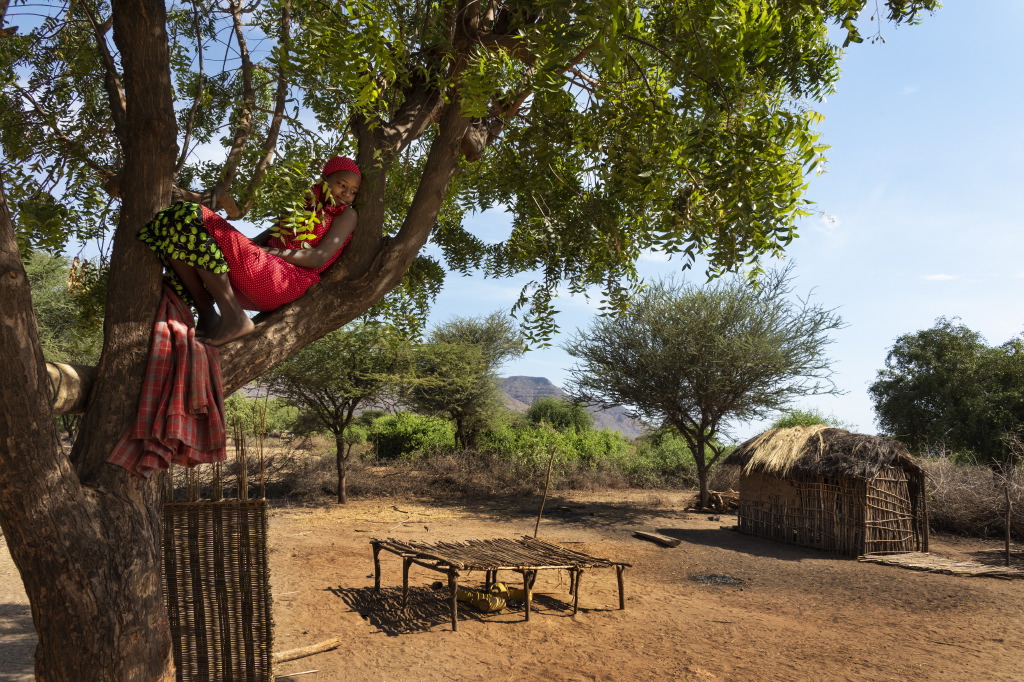X
In the district of Ngorongoro, Masai communities face a constant threat of eviction from their ancestral land in favor of the expansion of protected areas, dedicated to safari tourism and the super-elite big game. Although their traditional lifestyle was based on raising cattle, today the Masai also need to practice agriculture. They lead the cattle from one pasture to another, to give the grass a chance to grow back; once, these movements were guaranteed by a system of collective land ownership, which gave everyone the opportunity to share access to water and pastures. Now, they are also losing the only permitted alternative, livestock farming, as the land dedicated to grazing is becoming increasingly scarce while communities, which demographically are growing, are grouped in increasingly limited areas. The Masai thus find themselves confined to the most arid and sterile areas of the country. The interference of the authorities is aimed at changing their system of community access to land with the excuse of giving more space to the protection of fauna, but in reality the goal is to intensify elite tourism. Today the natives are reduced to misery. Handmade huts are the only refuge of this ancient and proud people who traditionally follow a life of their own, with their own rules, and which have a strong bond with their ancestral land. An ecological question has therefore become a humanitarian question. Is it fair that more and more tourists visit the National Parks, while the natives are pushed to the margins in conditions of extreme poverty? (text by Luca Catalano Gonzaga).
